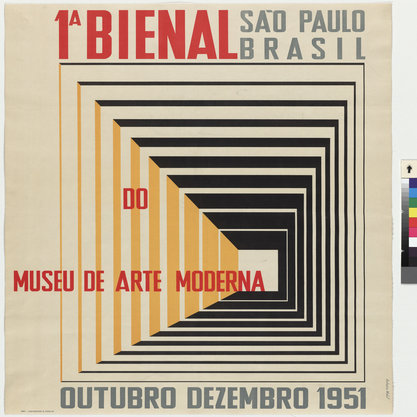Article
Xul Solar (1887–1963) By Saavedra, David Fernando Cortés
Article
Associated with the most important figures of the literary and artistic avant-garde of Buenos Aires, the Argentinean painter and polyglot Xul Solar was key in connecting European movements like Expressionism, Constructivism and Dadaism to Latin American modernism. He contributed to the modernist project via the convergence in his work of depurated (simplified) flat colorful figuration and a complex iconography of pre-Columbian and religious derivation. Xul Solar lived during his youth in San Fernando, Argentina, and was equally inclined towards music and the visual arts. During a long period of travel throughout Europe, he encountered several artistic movements—from the Italian Renaissance to die Brücke—and studied linguistics and theosophy. Enthralled by his experiences abroad, Xul Solar returned to Argentina in 1924, joining the artist group Martín Fierro and elaborating on projects begun in Europe such as the creation of his artificial language, Panlingua. His fascination with elaborate semiotic systems also led him to create the game PanChess. Xul Solar’s visual works varied throughout his career from geometric abstraction to schematic figuration, from fantastic paintings to symbolic portraits. Xul Solar remains one of the most influential Latin American artists of the modern period.


![Die Brücke [The Bridge]](/propagator/data/img-dc/original/image/architecture-hero/City_of_the_Captive_Globe_Fig_x_%5BREMOMA1_converted.jpg)
